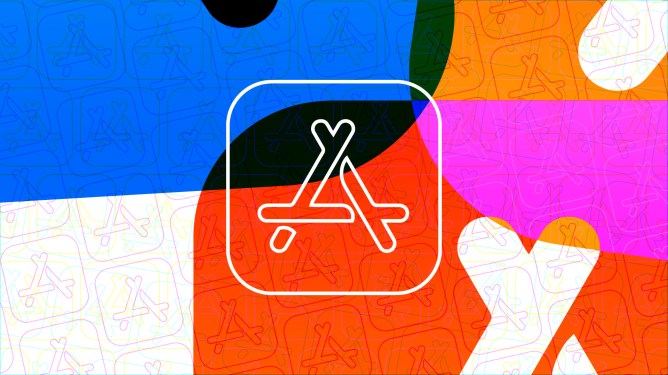Despite controversy surrounding its "Core Technology Fee," Apple has announced a handful of smaller concessions aimed at appeasing the European Union (EU) app developer community. These changes come as part of Apple’s efforts to comply with the EU’s Digital Markets Act (DMA), which aims to regulate digital markets and promote competition.
Changes to DMA Terms
Apple’s new concessions include:
- No longer requiring corporate entities to sign up for the new DMA terms along with all their sub-accounts: This change allows larger corporations to pick and choose which of their developer accounts opt into the DMA rules.
- No longer requiring a standby letter of credit: Apple has dropped this requirement, which would have prevented individual and smaller developers from signing up for the DMA entitlement.
- Option to switch back to existing terms: Developers under certain circumstances will now have the option to switch back to the standard 15% to 30% commission terms, rather than being locked into the reduced commission rates under the new rules.
However, these changes do not address the major complaints with Apple’s DMA rules, which involve reducing commissions on App Store purchases in favor of other new fees. The Core Technology Fee remains a contentious issue, requiring developers to pay Apple €0.50 for each first annual install per year over a 1 million threshold for apps distributed outside its App Store.
Reactions from the Developer Community
Larger developers like Spotify and Epic Games have been vocal in their criticism of Apple’s plans to comply with the DMA. They have labeled Apple’s approach as "extortion" and "bad-faith compliance." Other tech companies, including Meta, Mozilla, and Microsoft, have also expressed concerns about Apple’s DMA rules.
Open Letter to the European Commission
A consortium of developers, led by Epic and Spotify, has penned an open letter to the European Commission, asking the government to assess Apple’s compliance and take "swift, timely, and decisive action" against the tech company to protect developers. The letter argues that Apple’s DMA rules make it difficult for developers to distribute their apps outside of the App Store, stifling competition and innovation.
Guidelines for Alternative App Marketplaces
Apple has also announced new guidelines for alternative app marketplaces, which include:
- No compilation of personal information on users: Alternative app marketplaces cannot compile personal information on users unless they specifically consent.
- No use of public databases to collect personal information: Alternative app marketplaces cannot use public databases to collect personal information without user consent.
- Blocked from installation for non-compliance: Apps that do not comply with Apple’s guidelines will be blocked from installation, including via alternative app marketplaces.
These changes are part of Apple’s ongoing efforts to comply with the EU’s DMA and promote a more competitive digital marketplace. However, the controversy surrounding the Core Technology Fee remains unresolved, and developers continue to express concerns about the impact of Apple’s new rules on their businesses.



